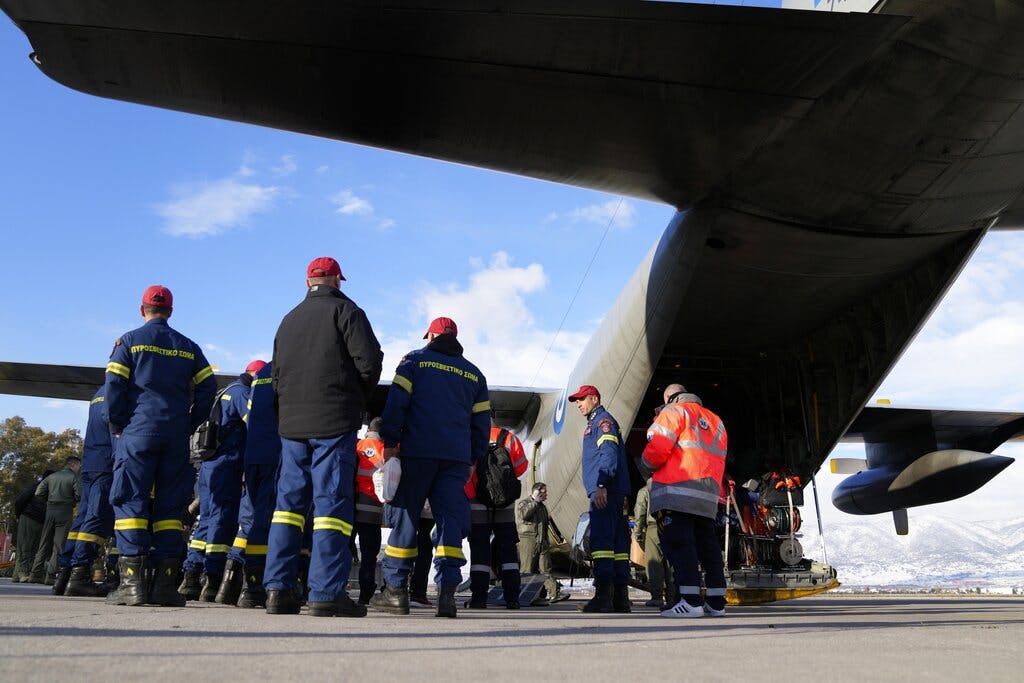
The GOP Will Beat History in the Midterms by Sticking to Its America-First Values
By LAWRENCE KUDLOW
|Criticism of President Erdogan, who is up for re-election this spring, is already starting to be heard amid the grieving. The disaster could also open the way for Ankara and Damascus to repair their frayed relations.

Already have a subscription? Sign in to continue reading

By LAWRENCE KUDLOW
|
By MATTHEW RICE
|
$0.01/day for 60 days
Cancel anytime
By continuing you agree to our Privacy Policy and Terms of Service.
By LUKE FUNK
|